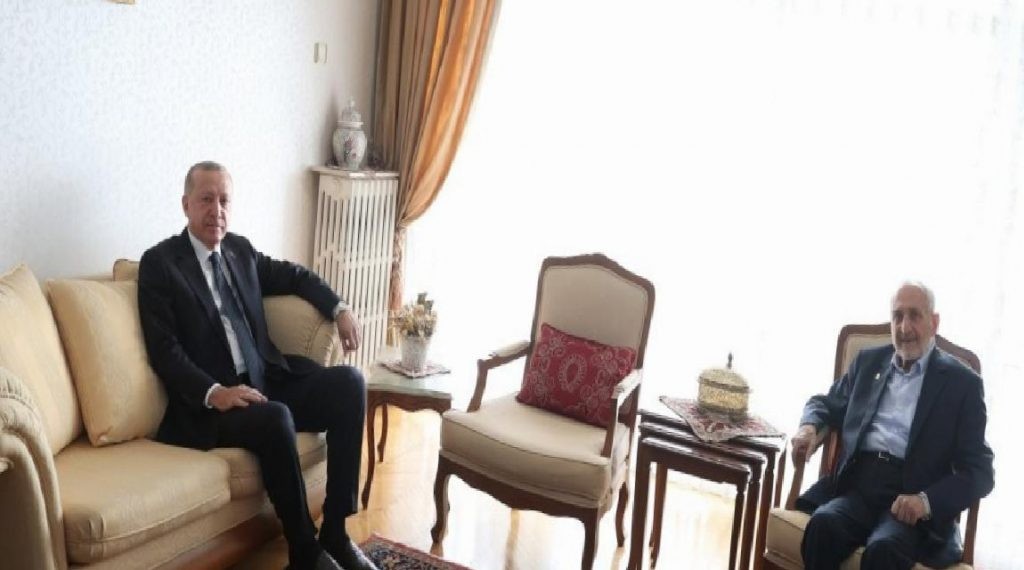A senior official from the Islamist opposition Felicity Party (SP) has green-lighted cooperation with President Recep Tayyip Erdoğan’s Public Alliance, contrary to the stance of the top management of the party, in what many say is a result of the president’s attempt to redesign Turkish politics, local media reported late on Tuesday.
Formed by the ruling Justice and Development Party (AKP) and its ally, the far-right Nationalist Movement Party (MHP), the Public Alliance has been bleeding voters for a while, mainly due to the AKP government’s poor handling of the COVID-19 pandemic and an economic downturn with double-digit inflation.
Local media reports say the AKP-MHP alliance has been looking for new partners since their combined support fell below 50 percent, which is necessary for securing victory in a presidential election, at the beginning of 2021. Nationwide support for the two parties has dropped below 38 percent, according to a May survey by MetroPoll.
Oğuzhan Asiltürk, head of the SP’s High Advisory Board and a powerful figure in the party, on Tuesday posted a series of tweets in which he implied that an alliance with the AKP — instead of criticizing it — would help increase public support for the SP, which represents Milli Görüş, the precursor of Turkey’s political Islamist movement.
Erdoğan’s ideology and political career matured within the Milli Görüş movement until he set up his breakaway party at the beginning of the 2000s.
The official’s statements came after Erdoğan visited him at home in January and then hosted him in late April at an iftar dinner at the presidential palace, both meetings signaling the AKP government’s eagerness to work with the Islamist party.
However, the party released a written statement early on Wednesday indicating that their resolute stance against the ruling party’s wrong policies and actions that had created problems facing the country and its citizens today was obvious and appreciated by a majority of the public.
Ankara’s recent attempts to shut down the pro-Kurdish Peoples’ Democratic Party (HDP), a key party in a potential presidential election with its voter base of about 10 percent, by way of a case filed against it, was seen by many as part of the AKP-MHP bloc’s struggle to redesign politics and renew its power in the next elections.
Latest polls show that the AKP-MHP alliance has less than 38 percent of nationwide support, a sharp decline from the 53.6 percent it garnered in the last general elections held in 2018.
